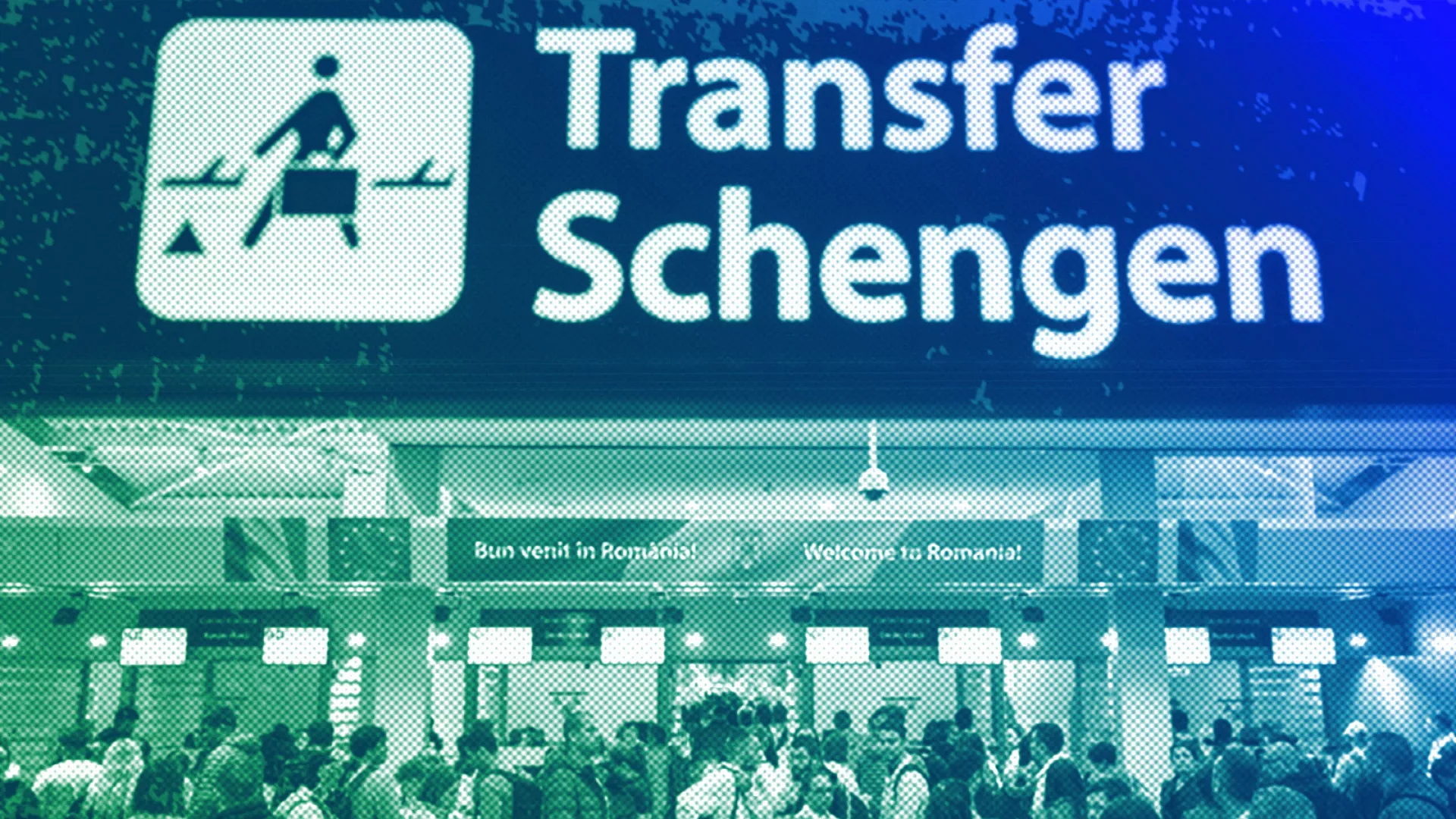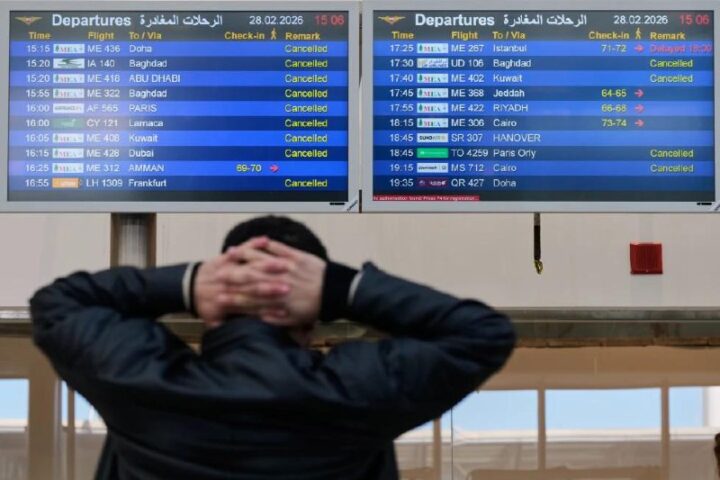As the European Parliament explores reforms to streamline visa application procedures within the Schengen area, transitioning from traditional in-person applications to a digital platform appears promising at first glance. However, beneath the surface, complexities arise that may pose challenges for both applicants and consular staff.
The envisioned digital system aims to centralize the visa application process, allowing travelers to obtain e-visas directly on their smartphones after submitting electronic copies of travel documents and completing payment. While this shift towards digitalization is commendable and reflects European governments’ commitment to modernizing visa procedures, practical hurdles loom on the horizon.
The diversity of rules and regulations across nearly 30 Schengen member states presents a significant obstacle. Harmonizing these diverse policies within a digital framework is a formidable task, especially considering the nuances and exceptions inherent in national visa requirements.
One critical consideration is determining the competent Schengen country for processing visa applications, a determination based on factors such as the traveler’s main destination and duration of stay in each country. Additionally, standardizing the list of required supporting documents poses a challenge, as each member state may have unique criteria for visa approval.
Furthermore, varying financial requirements and security protocols complicate the digital application process. While technology offers opportunities for advancement, it also necessitates collaboration with external service providers to ensure seamless operation and compliance with security standards.
Despite the potential complexities, the adoption of digitalization holds promise for enhancing efficiency and accessibility in visa processing. Whether through regulated external service providers or streamlined digital platforms, Schengen governments must navigate these challenges to uphold the integrity of visa procedures while meeting the evolving needs of travelers in the digital age.




























